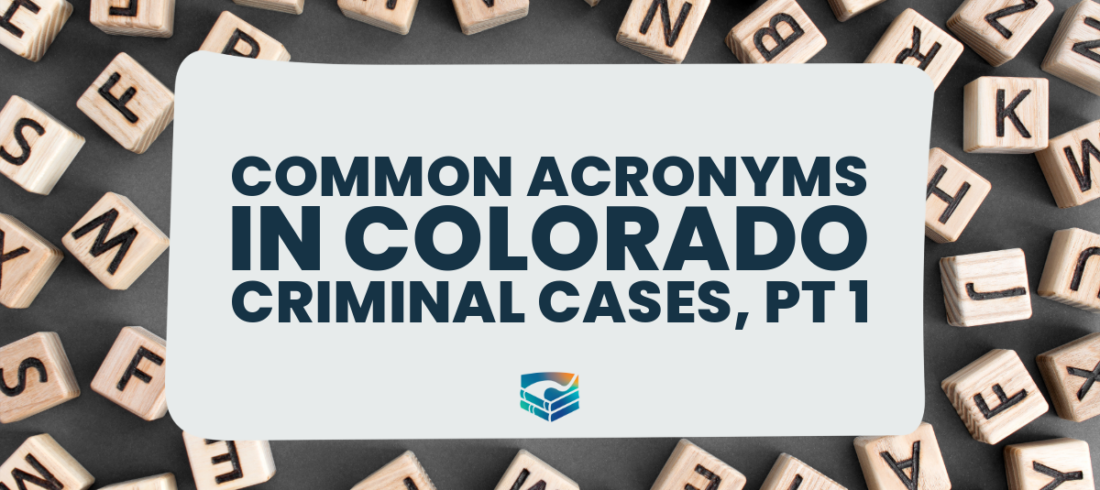At Path Forward Legal, we often encounter complex legal scenarios that clients are navigating, particularly in domestic violence cases. One issue that comes up when preparing for trial is what happens when a witness or victim has changed their story.
In domestic violence cases, it’s not uncommon for a complaining witness to reconsider the information they initially shared with law enforcement. An important part of trial preparation from a defense team can be to interview the complaining witness (victim). This gives the attorney a good idea of what the witness’s story will be at trial. It can also reveal differences between what the police reports say and what the witness’s current memory is.
Sometimes, changes in the witness’s story cast doubt on whether the original claim was true. This can lead to uncertainty if the witness is later asked to testify at trial. If the prosecutor believes that the witness has changed their story, the witness risks being accused of perjury or of providing a false statement to the police. The witness may not be willing to testify because of this risk.
At the same time, the defendant has a right to call witnesses and compel them to attend trial. If the witness’s testimony would help the defendant, then the interest of the defendant and the interest of the defendant are opposed. Who wins?
Defendant’s Rights Under the 5th Amendment
The legal battle between the defendant and the witness, in this case, stems from the two separate and competing rights: the defendant’s right to assert a defense and the witness’s right against self-incrimination.
The 6th Amendment of the United States Constitution provides defendants the right to present a defense. This right includes the right to call witnesses and to force the witnesses to appear (compel their attendance).
Witness’s 5th Amendment’s Right Against Self Incrimination
The 5th Amendment provides a witness with the privilege to refuse to answer questions that could incriminate them. So, a witness called to the stand can avoid being forced to answer specific questions if those answers could lead to a charge of perjury or providing a false statement to police.
How the rights interact
A defendant’s rights under the 6th Amendment is one of the most important in the Bill of Rights. However, the right to present a defense is not absolute. It doesn’t encompass the right to force a witness to give up their 5th Amendment privilege. If a defendant’s rights under the 6th Amendment (the right to a fair trial or present a defense) clash with a witness’s 5th Amendment rights (the right to remain silent or against self incrimination), the witness’s rights win.
However, this privilege against self incrimination can’t be asserted in advance. Generally, a witness has to wait for an incriminating question to be asked before they can exercise their right to decline to answer.
The major exception to this is that an attorney cannot call a witness to the stand if they know that the witness intends to invoke their 5th amendment rights for every question asked.
Judges, not witnesses, determine the limits of the privilege against self-incrimination. So judges have the power to determine whether a refusal to testify is justified under the 5th Amendment. This is an important safeguard of defendant’s rights, because it means that the witness cannot merely claim to invoke the fifth as a way of getting out of testifying.
Who needs a lawyer when the victim changes their story?
Too often, we see defendants assume that the case is going to be dropped because the complaining witness has changed their story and now says that what they told police is untrue. Unfortunately, instead of making the case simpler, this may lead to additional complications. Prosecutors have strict rules to follow that may prevent them from dropping some cases.
As discussed above, the witness may need to decide whether to take the 5th and avoid testifying at trial. In addition, the defendant may need to not only defend themselves against the charge of domestic violence but also claims of witness intimidation.
A dedicated criminal defense attorney can navigate the complex legal issues and help avoid additional charges and more complicated consequences if the victim has changed their story.
This article is part of our ongoing series on Colorado’s domestic violence laws, aiming to provide more clarity on the legal landscape surrounding domestic violence cases. Click here for our main guide on domestic violence cases in Colorado. For additional information or legal support, please feel free to contact Path Forward Legal today.



